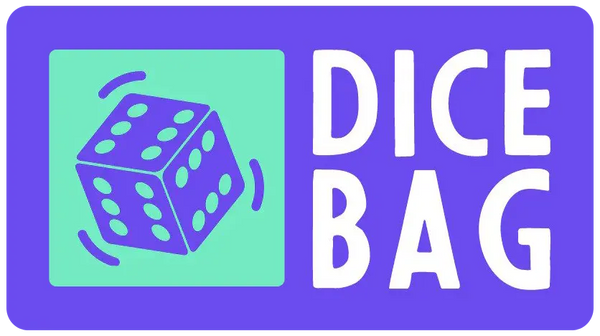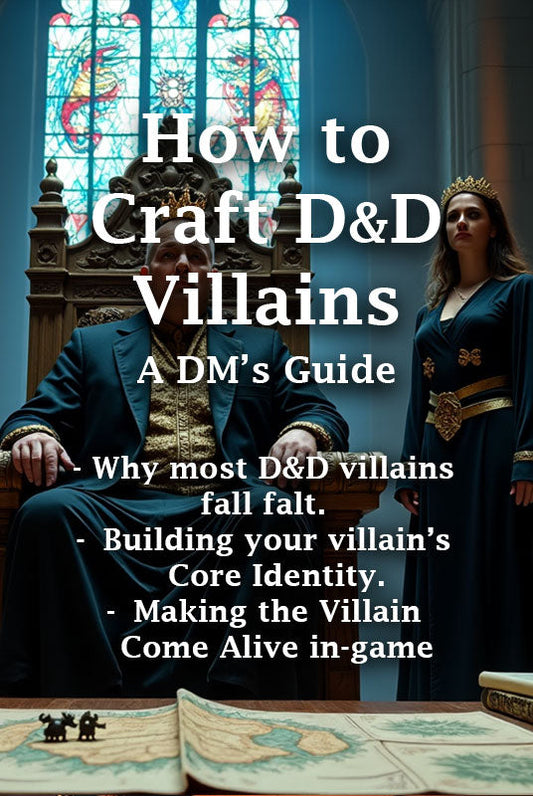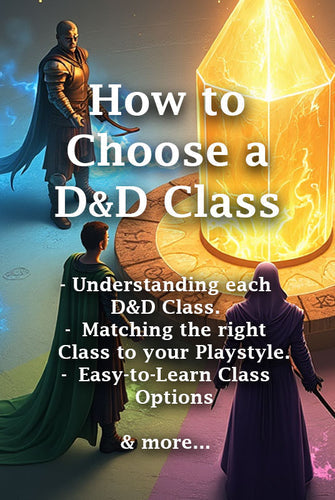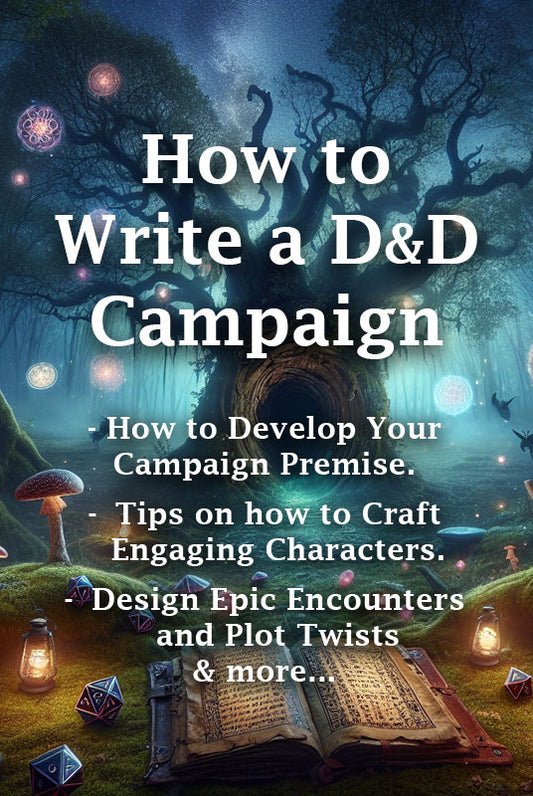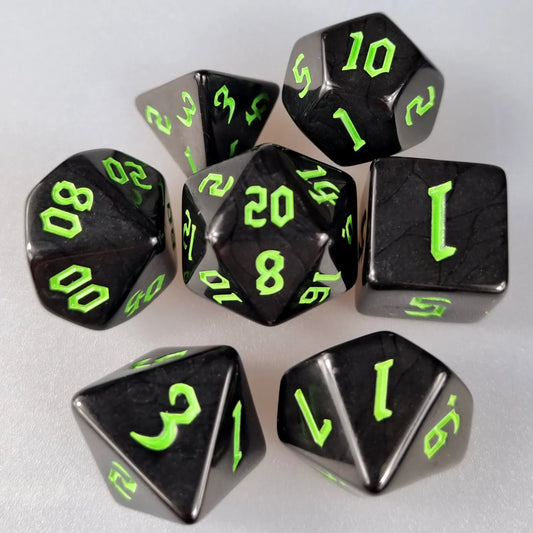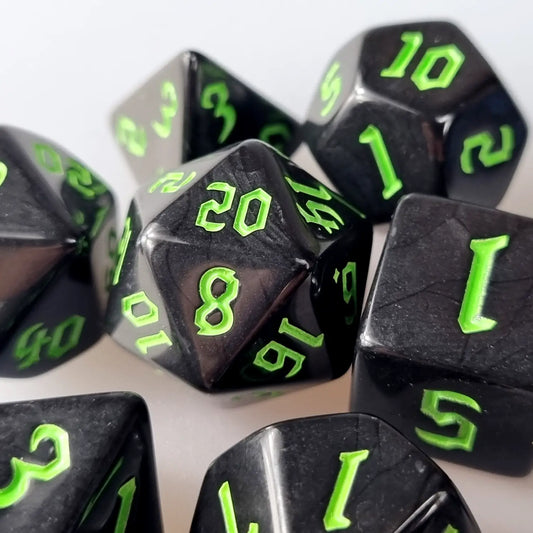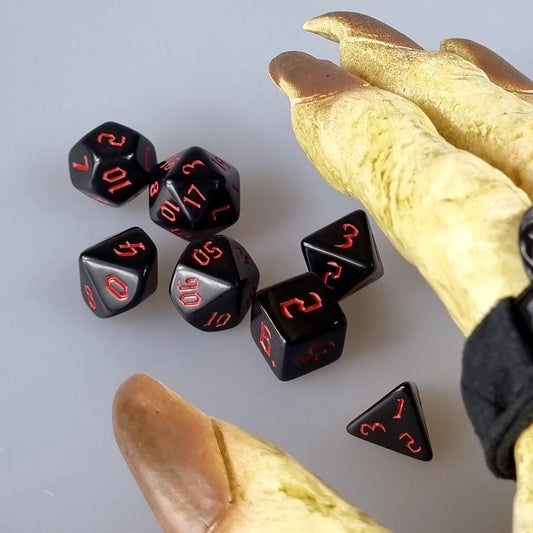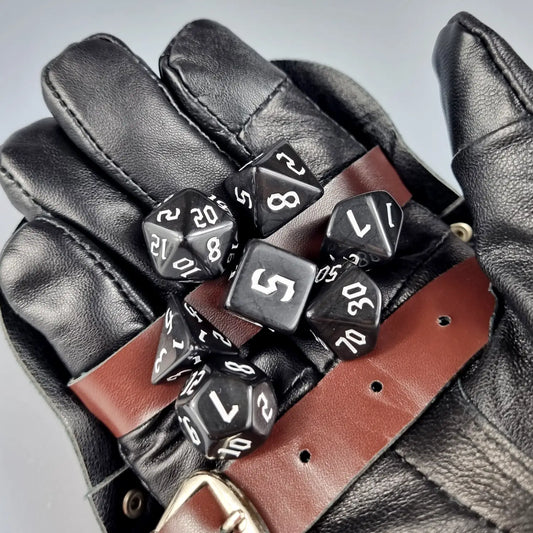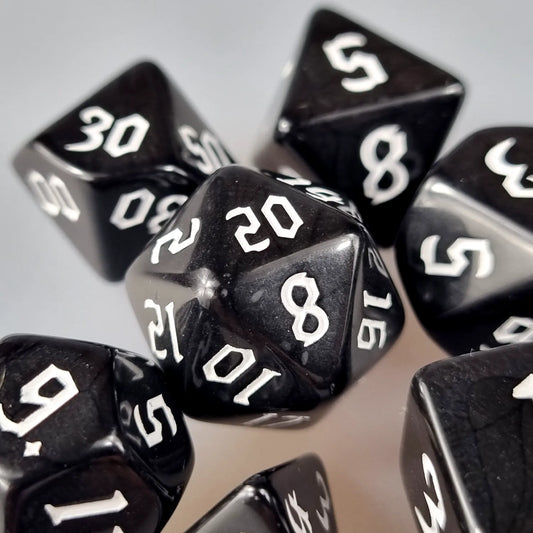
Engaging in a Dungeons & Dragons campaign as a player offers a unique blend of roleplay, strategy, and camaraderie. However, there comes a time in many campaigns where the temptation to playfully annoy your Dungeon Master (DM) arises. Whether it’s through unexpected character actions or challenging the plot they have so carefully crafted, doing so can add a layer of humour and unpredictability to the session. While the goal is not to disrupt the game entirely, understanding the art of how to annoy your Dungeon Master in a light-hearted and entertaining way can enhance the table dynamics and make for memorable encounters.
This guide is designed to equip you with strategies from utilising unforeseen character actions to manipulating game pace and engaging in meta-gameplay. You'll learn how to roll with the unexpected, improvise beyond the campaign’s rules, and when to strategically use your phone or dice to disrupt the DM’s plans. By exploring how to challenge the DM’s plans, disrupt game mechanics, and even alter the flow of the plot, players can introduce an element of surprise and fun that enriches the experience for everyone involved—provided it's done with respect and humour. Let’s dive into the ways to creatively and expertly annoy your Dungeon Master without crossing the line from playful to problematic.
Utilising Unforeseen Character Actions
Make Chaotic Character Choices
To keep your Dungeon Master on their toes, consider adopting a Chaotic Good or Chaotic Neutral alignment for your character. This alignment allows for flexibility in decision-making that often goes against conventional expectations. For instance, Chaotic Good characters might break laws if they believe it serves a greater good, while Chaotic Neutral characters often act according to their whims or personal goals, which can be unpredictable. Embrace these traits to introduce creative and unforeseen actions in your campaign.
Reckless Decisions During Key Moments
During critical moments in the campaign, making reckless decisions can significantly alter the course of the story and surprise both the Dungeon Master and fellow players. For example, instead of following a carefully laid plan, you might decide to improvise, leading to unexpected outcomes like initiating combat in a tense negotiation or making a risky pact with a dubious character. These actions can disrupt the plot and create memorable encounters that challenge the DM's expectations.
Engage In Unexpected In-Game Actions
Engaging in unexpected in-game actions is another effective way to keep the gameplay dynamic and engaging. This could involve altering your character's typical behavior patterns or interacting with the game world in novel ways. For example, if your character encounters a group of bandits, instead of engaging them directly, you might choose to use deception or an unusual magical tactic. Additionally, altering monster encounters by using different tactics or unexpected spells can lead to surprising and challenging situations for the DM to adapt to.
By incorporating these strategies into your gameplay, you create a layer of complexity and unpredictability that can enhance the gaming experience for everyone involved.
Disrupt Game Mechanics
Forget Important Mechanics
One effective way to annoy the DM is by selectively forgetting key mechanics during gameplay. This could involve overlooking certain spell effects or misapplying movement rules, which can lead to unpredictable outcomes and force the DM to adapt quickly. For instance, you might "forget" that your character's ability allows them to escape bonds, leading to a situation where the party must improvise a rescue.
Misinterpret or Ignore Rules
Intentionally misinterpreting or ignoring rules can also disrupt the flow of the game and test the DM's flexibility. You might choose to interpret a rule in a way that benefits your character, such as using a creative but questionable application of a spell. This forces the DM to make a judgment call, which can lead to interesting discussions and rule clarifications. However, it's important to balance this with respect for the game and fellow players to keep the session enjoyable for everyone.
Distract with Unrelated Questions
Injecting unrelated questions or comments can momentarily derail the game's focus, providing a light-hearted break from intense gameplay. Asking about the lore of a minor historical figure or the architectural style of a dungeon can lead the DM into a tangent, giving players a momentary respite and injecting humor into the session. This tactic should be used sparingly to ensure it adds to the fun without becoming disruptive.
By employing these strategies thoughtfully, you can add an unexpected layer of complexity to the game that challenges both the DM and your fellow players, enhancing the overall experience.
Challenge the DM's Plans
Focus on Irrelevant Details
If you want to grind your Dungeon Master's gears, start paying close attention to seemingly irrelevant details in the environment or storyline. For example, if you arrive at a long-abandoned village, take your time exploring every nook and cranny, even if it's clear there's nothing of value. Ask for detailed descriptions of each building, the history of the village, and even the patterns of moss growth on the stones. This level of detail can push your DM to their limit, forcing them to improvise and create depth in areas they hadn't planned to elaborate on, keeping them on their toes and adding an unexpected layer to the gameplay.
Pursue Side Quests Aggressively
Embrace side quests with enthusiasm, even if they seem minor compared to the main storyline. If a local NPC mentions a missing cat, treat this task with the same seriousness as a quest to save the kingdom. Organise strategy meetings with your fellow players, plan out search patterns, and perhaps even negotiate with potential cat informants. By aggressively pursuing these side quests, you force the DM to develop more of the game world and possibly divert from their planned storyline, which will irk them no end.
Refuse to Follow the Main Storyline
Deliberately choosing to ignore the main quest can be a super annoying way to rile up your DM. If your characters are supposed to be questing for a sacred artefact, decide instead to start a business venture in the nearest town or go on a personal quest unrelated to the DM's plot. This can lead to a dynamic shift in how the campaign is run, requiring the DM to adapt the storyline and possibly integrate your new interests into the main plot. This approach not only tests the DM's improvisational skills but also enriches the campaign by weaving in diverse character-driven elements and totally pisses them off.
Manipulate Game Pace
Manipulating the pace of your Dungeons & Dragons game can add an unexpected layer of strategy and humour, challenging your DM and fellow players. Through strategic actions, you can control the flow of the game, making each session uniquely memorable. Besides constantly rolling your Dice off the table, here are some tactics to expertly manipulate game pace:
Take Excessive Time on Minor Decisions
- Deliberate Slowly: When faced with minor decisions, such as choosing which path to take or what item to purchase from a vendor, take your time. Deliberate over the options as if each choice could significantly impact the campaign. This will drive the DM crazy and also your fellow players.
- Consult Extensively: Engage your fellow players in lengthy discussions over these minor decisions. This not only slows down the game pace but also encourages group participation, leading to unexpected plot twists or character development moments.
Repeatedly Split the Party
- Divide and Conquer: Make a habit of suggesting the party split up to cover more ground or accomplish tasks simultaneously. This approach can lead to individual characters facing unique challenges, forcing the DM to juggle multiple storylines and adapt the campaign's pace to accommodate the diverging paths - highly stressful for the almighty DM.
- Encourage Solo Quests: Advocate for characters to pursue their personal quests or interests, further dividing the party's focus. This can lead to a rich tapestry of side stories, forcing the DM to weave them into the main narrative, adding depth to the game while manipulating its pace. Some DMs may actually appreciate the input from players, but most have been planning their story arcs for weeks and will hate not seeing them play out.
Spend Whole Sessions in One Spot
- Deep Dive into Roleplay: Choose a location, such as a tavern or a character's home, and spend an entire session diving deep into roleplay. This is sure to bore the DM to near-death. Explore character backstories, engage with NPCs, or start a book shop in the town. This shift from action-oriented sessions to character-driven narratives can significantly alter the game's pace, offering a potentially refreshing change and testing the DMs patience.
- Investigate Thoroughly: When the party encounters a new location, insist on investigating every detail, from the architecture to the NPCs' motivations. This meticulous approach can transform a simple scene into a complex puzzle, slowing down the game's pace and encouraging a more thoughtful exploration of the game world.
By employing these tactics, you can skilfully manipulate the pace of your D&D campaign, adding an element of unpredictability and humour. This not only challenges your DM but also enriches the gaming experience for all players involved. Remember, the key is to maintain a balance between disruption and contribution to the game's overall enjoyment.
Engage in Meta-Gameplay
Break Immersion with Off-Topic Comments
One subtle yet effective way to engage in meta-gameplay is by strategically breaking immersion with off-topic comments. For instance, during a tense moment in the campaign, you might bring up an unrelated real-world topic or make a humorous remark that contrasts sharply with the in-game situation. This can momentarily pull players and the DM out of the game, disrupting their flow and driving them insane. It’s a tactic that should be used sparingly to ensure it enhances the fun without derailing the game entirely.
Overanalyse the DM's Every Move
Another tactic is to overanalyse the DM’s every move and intention. This involves questioning the DM's descriptions, decisions, or the outcomes of dice rolls, suggesting alternative interpretations or possible hidden meanings. For example, if the DM describes a seemingly mundane room, you might insist it has secret significance, prompting extensive in-game investigation and discussion. This not only challenges the DM's narrative skills but also adds layers of complexity to the gameplay, as the DM has to address your continuous scrutiny and manage the unfolding storyline accordingly.
Conclusion
Throughout this guide, we have navigated the myriad ways in which a player can playfully annoy their Dungeon Master through unforeseen character actions, game mechanics disruption, and other creative tactics, all while maintaining the spirit of camaraderie and respect. These strategies, ranging from engaging in unexpected in-game actions to manipulating the game pace and challenging the DM’s plans, are designed to add an element of surprise and humour, enhancing the overall experience for both players and the DM. It's a delicate balance, aiming not to disrupt but to enrich the Dungeons & Dragons experience with memorable encounters and unexpected twists. Take things too far and you might find yourself missing out on being invited to the next session, and your character lying dead in a ditch, struck down by an act of God.
The art of expertly annoying your Dungeon Master, as illustrated, calls for players to tread the line between chaos and contribution carefully, ensuring that the game remains enjoyable for everyone involved. It encourages a deeper engagement with the game’s mechanics, a more dynamic interaction with the storyline, and a stronger bond among the players and the DM, maybe... As you employ these tactics, remember to gauge the reactions of your DM and fellow players, adapting your approach to ensure that every session remains an adventure worth telling. And who knows? By pushing the boundaries of conventional gameplay, you might just create the most unforgettable campaign your gaming table has ever seen.
FAQs
Is It Possible for a Dungeon Master to Also Be a Player?
Yes, a Dungeon Master can participate as a player in a D&D campaign. However, it's generally not advised due to potential complications and the impact it might have on the game's dynamics. There are unique scenarios where it can be successful, but they are the exception rather than the rule.
What Makes the Role of a Dungeon Master Challenging?
Being a Dungeon Master is indeed challenging. The role demands a significant amount of creativity and effort since the DM is responsible for designing the adventures, crafting the world, narrating the story, and leading the players through uncharted territories. It's a multifaceted role that requires a great deal of dedication to excel.
Should Players Consult the Dungeon Master's Guide?
Players are not required to read the Dungeon Master's Guide thoroughly. Instead, they should familiarise themselves with the Players Handbook and for extra keen players - the Monster Manual. This approach ensures players can quickly reference rules during gameplay without needing comprehensive knowledge of all the rules.
